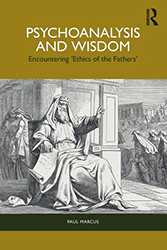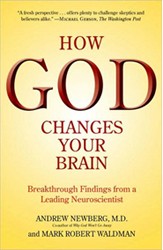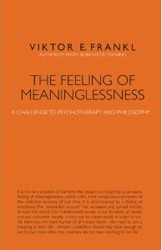In the opening chapter, Paul Marcus succinctly puts forward the thesis of his well-researched and informative book, The Spiritual Resistance of Rabbi Leo Baeck: Psychoanalysis and Religion: to examine how Rabbi Leo Baeck’s character, demonstrated primarily in his commitment to others and G‑d, helped him survive the horrors of the Nazi concentration camp at Thereseinstadt; “Leo Baeck was untouched by Thereseinstadt,” an inmate at Thereseinstadt said of him, “He never was really there.” Further, Marcus connects how these aspects of Baeck’s character and behavior can be applied to improve the work of psychoanalysis. Leo Baeck was a prominent Jewish figure throughout the Holocaust and afterward, both in his writings and in his approach to life, exemplifying a man of faith, integrity, and kindness.
As shown in the work of many Holocaust survivors, including Viktor Frankl, Primo Levi, and Elie Wiesel, Leo Baeck demonstrated that the best way to survive the horrors of the Holocaust was to focus on maintaining one’s humanity. Marcus describes the many ways Baeck did this, such as through continuing with his religious observance — including creating discussion groups on religion and philosophy, leading services, and officiating at weddings, funerals, and B’nai Mitzvot — practicing minor acts of resistance, such as not giving in to Nazi demands on holidays that restricted him from doing so, and acting on behalf of his “flock”; that is, being a leader and protector of the Jews and non-Jews around him. Marcus repeatedly highlights the importance of Baeck safeguarding his autonomy and self-respect, and that he followed his other-serving and other-centered beliefs and values regardless of what was happening around him.
Additionally, Marcus’s exploration of Baeck’s relationship to Judaism shines light on how Baeck was able to demonstrate such strong character throughout his time at Thereseinstadt. He explores the notion of hope, and how, in contrast to desire, which he describes as inherently narcissistic and self-serving, hope includes a belief that something greater than the individual will offer them relief, and that the hope one has encompasses those around them. Moreover, he states that Baeck’s religious devotion situated him in a group context, both Jews who were alive then but also greater Jewish history, and gave him a moral standard that he could follow. In these ways, religion and spirituality acted as a protective factor for Baeck.
The primary aspect of this book that differentiates it from other works on Leo Baeck is its connection to psychoanalysis. This comes at the end of the volume, where Marcus describes how the characteristics Baeck had could be used as goals for analysts to move their analysands toward. Although the claims Marcus makes are sound — for example, encouraging analysands to develop “humanizing transcendent beliefs and values,” and putting emphasis on fostering hope, patience, and a vision for one’s future, as methods to work through a crisis and to guide one’s life — this passage felt relatively brief in comparison to the reflections on Baeck’s life and others’ interpretations of his life and writings.
Nevertheless, Spiritual Resistance is a thorough examination of a laudable Jewish figure, and its insights into psychoanalysis are worthwhile for any practicing analyst to explore.
Benjamin Selesnick is a psychotherapist in New Jersey. His writing has appeared in Barely South Review, Lunch Ticket, Tel Aviv Review of Books, and other publications. He holds an MFA in fiction from Rutgers University-Newark.





